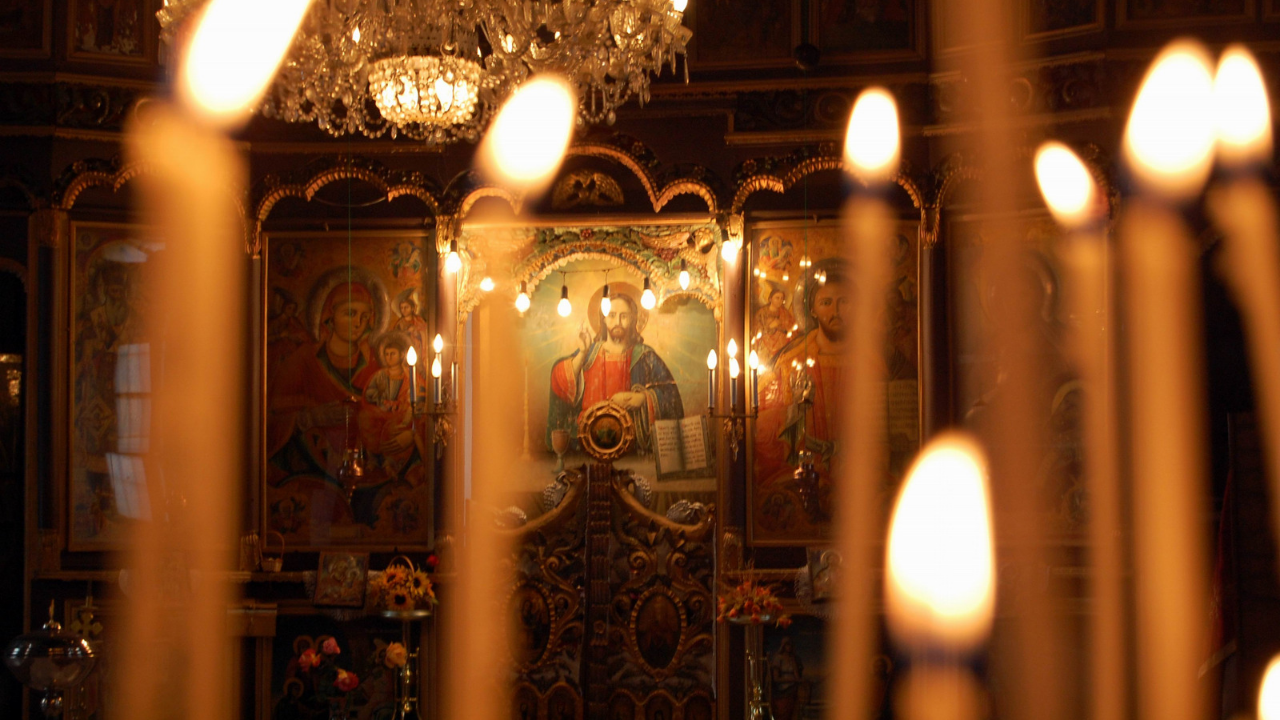On February 10, the Orthodox Church honors the memory of St.
Charalampius the Wonderworker, Bishop of Magnesia.
The holiday in the Bulgarian folk tradition is one of the last in the winter holiday cycle.
From that day, the people began to cultivate the land, after winter had left with St.
Athanasius.
No housework is done on this holiday, so as not to anger the saint and release diseases.
Only the women knead ritual bread decorated with a cross, a few buds (the plague), and at the end of the pita - a wreath, a symbol of health.
While the bread was being made, people brought honey to the church to be consecrated at a special holiday liturgy.
The pita was eaten with this honey, it was broken for health, and the honey was kept as a talisman until next year.
On this day, the consecration of honey is also done.
Anyone who wants to have honey for the king or just blessed brings it to the church and the priest reads a prayer.
